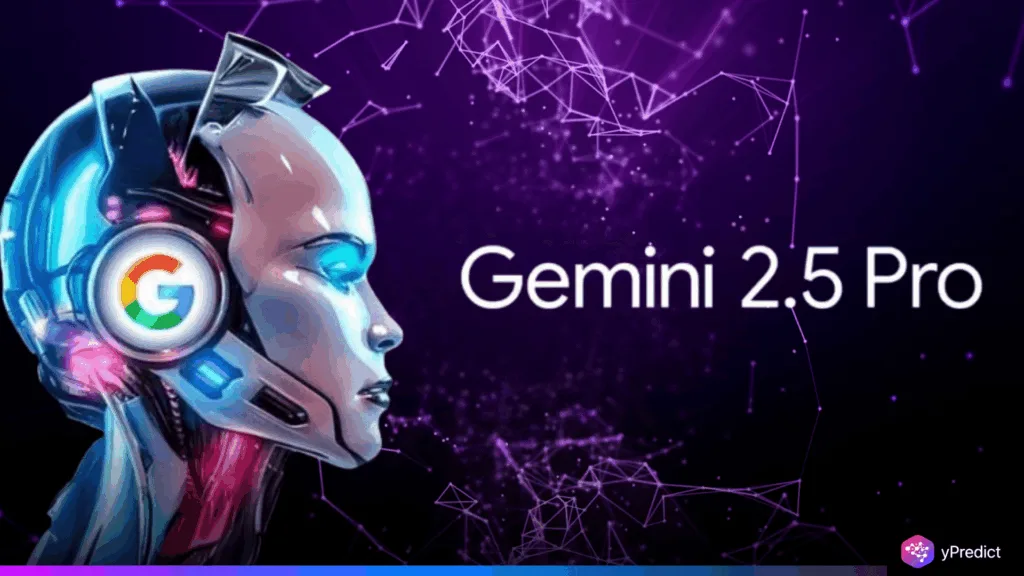
On the IIT-JEE Advanced 2025 test, Google’s Gemini 2.5 Pro AI model outperformed the human top scorer. Chinese tech company ByteDance recently published a technical report detailing the achievement. The company tested its Seed 1.6 AI models against top competitors. The models include OpenAI’s o4-mini-high, Anthropic’s Claude Opus 4, and Gemini 2.5 Pro. The IIT-JEE Advanced is one of the world’s toughest entrance exams. However, Gemini outperformed the human top score of 332 with an incredible 336.2 out of 360.
JEE Advanced Faces New Challenger in AI Model
The IIT-JEE Advanced entrance exam is the second step in a two-stage selection process for admission to India’s IITs. It has a less than 2% success rate and assesses students in mathematics, physics, and chemistry. The top 2.5 lakh students from the JEE Mains round qualify for this exam. Additionally, the competition and difficulty make it a perfect benchmark for testing the capabilities of advanced AI models.
ByteDance evaluated its advanced multimodal reasoning capabilities using its Seed 1.6-Thinking model. Gemini 2.5 Pro and other top models tackled the actual 2025 JEE Advanced questions using image inputs. They followed standard exam scoring guidelines. Average scores were determined after five samples of each question were taken. Furthermore, the performance benchmark demonstrated AI’s growing capacity to resolve challenging academic issues in the real world.
Can Machines Crack India’s Toughest Exam Better
According to the technical report, the human topper was barely defeated by Gemini 2.5 Pro, which scored 336.2. ByteDance’s Seed 1.6-Thinking came in second place overall with a score of 329.6. Anthropic’s Claude Opus 4 scored 314.4, while OpenAI’s o4-mini-high scored 308.4. Thus, similar to the actual test, each AI model was evaluated on accuracy, with points deducted for wrong answers.
Gemini 2.5 Pro performed best in chemistry, while Seed 1.6-Thinking excelled in mathematics. In terms of actual student rankings, the latter would have been ranked fourth due to its exceptionally high math score. Additionally, ByteDance’s report highlighted the value of handling visual input, which improved assessments of multimodal reasoning even more.
Additionally, the report included comprehensive illustrations of model-wise performance across subjects, question types, and scoring metrics. Experts believe these experiments could reshape education in the future. As a result, machines are now solving tests once meant for top human minds.
Next Steps for AI in Competitive Exam Evolution
AI has previously been compared to human performance on entrance exams, but this is one of the most notable comparisons. Gemini 2.5 Pro outperformed the real top scorers in the exam. Thus, this raises questions regarding its potential application in testing, tutoring, and curriculum design.
Furthermore, these results highlight the increasing significance of multimodal reasoning in the advancement of AI. These models are surpassing major milestones in cognitive AI research. They also solve complicated multi-step problems, interpret diagrams, and process images.
AI development could alter teaching methods around the world. The use of AI models in experiments is still up for debate. However, programs such as Gemini 2.5 Pro indicate that machines may soon share academic evaluation responsibilities.
Can AI Models Replace Top Human Learners Soon?
The Gemini 2.5 Pro and Seed 1.6 Thinking delivered an outstanding performance in India’s most competitive exam. Their success marks a shift in AI capabilities. These models are passing real-world academic tests. Additionally, it is capable of multimodal reasoning, image processing, and consistent logic, surpassing even the best human minds.






